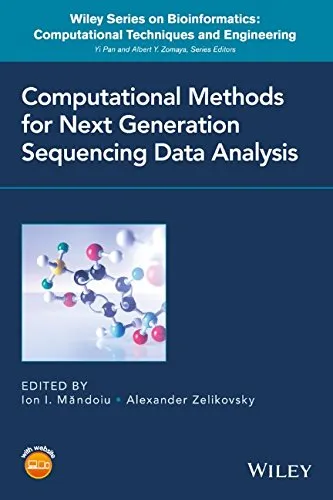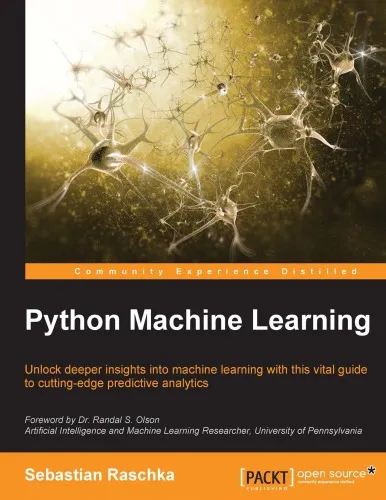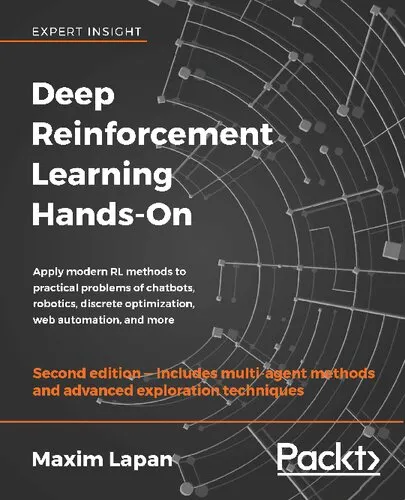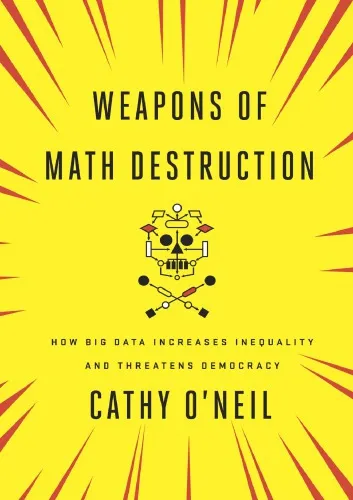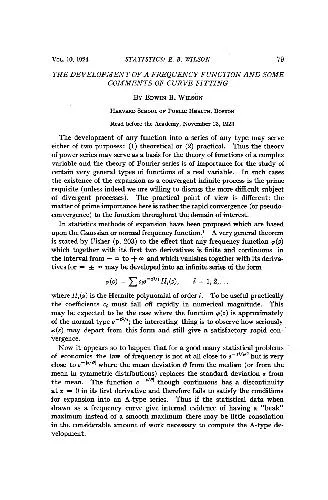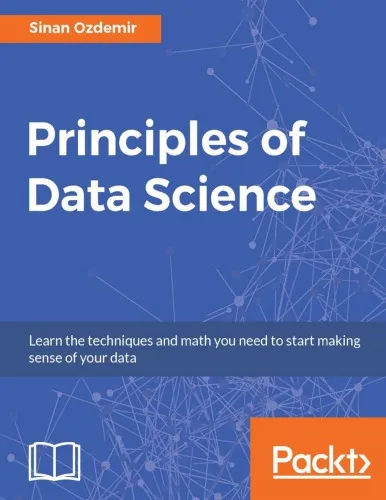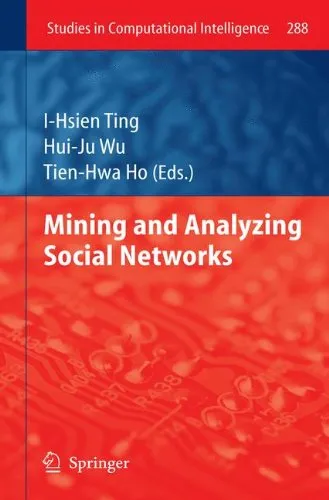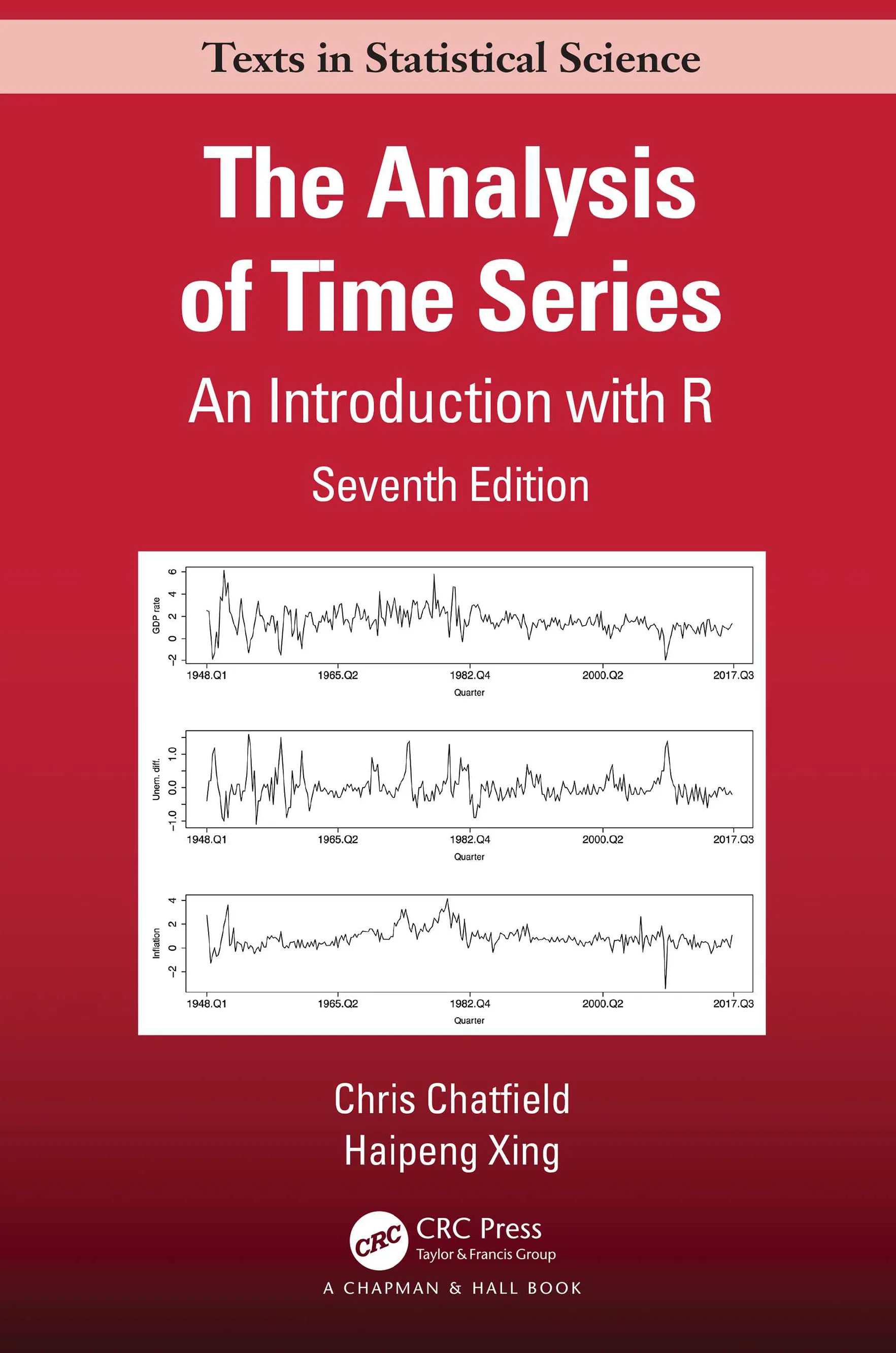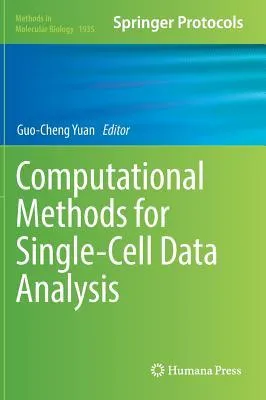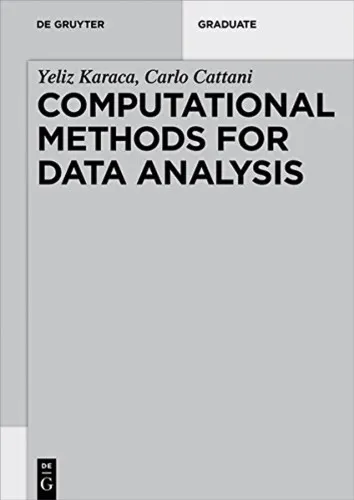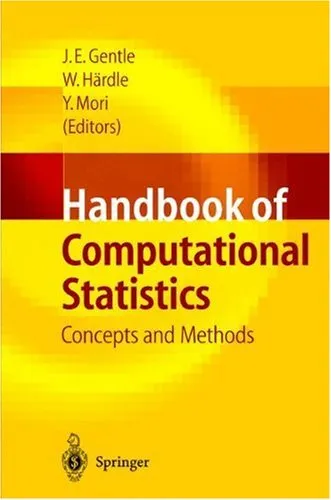Computational Methods for Next Generation Sequencing Data Analysis
4.0
Reviews from our users

You Can Ask your questions from this book's AI after Login
Each download or ask from book AI costs 2 points. To earn more free points, please visit the Points Guide Page and complete some valuable actions.Related Refrences:
Introduction to 'Computational Methods for Next Generation Sequencing Data Analysis'
Next Generation Sequencing (NGS) has revolutionized genomics, bringing unprecedented opportunities to understand biological systems and investigate complex diseases. However, the vast amount of data it generates introduces unique challenges requiring advanced computational methods to analyze and interpret effectively. 'Computational Methods for Next Generation Sequencing Data Analysis' is a comprehensive resource that bridges the expertise gap between computational scientists and biologists. Authored by Ion Mandoiu and Alexander Zelikovsky, this book provides a foundational understanding of NGS technologies alongside practical solutions for addressing computational challenges in genomic data analysis.
Whether you are a beginner venturing into the field, or a researcher seeking advanced tools to accelerate your work, this book offers thorough explanations, hands-on methodologies, and cutting-edge algorithms tailored to the rapidly evolving DNA sequencing landscape.
Detailed Summary
This book meticulously covers the computational frameworks and algorithms applicable across various NGS domains, such as genome assembly, variant detection, RNA sequencing, and epigenomics. The authors delve into core algorithms that power NGS data processing, emphasizing simplicity, innovation, and clarity. Topics include preprocessing and quality assessment of sequencing reads, mapping algorithms designed for accuracy and efficiency, as well as assembly techniques tailored for small and large genomes alike.
Furthermore, the book emphasizes data scalability, optimization, and reproducibility—critical aspects in today’s era of big data. It carefully balances theoretical underpinnings with hands-on applications, including practical examples that demonstrate how algorithms behave under different scenarios. Numerous case studies highlight real-world applications of these computational methods, showcasing how sequencing data has been leveraged to reveal novel biological insights and solve pressing challenges in fields like medicine, agriculture, and evolutionary biology.
The book is accessible yet advanced, integrating supplemental exercises and code snippets to enhance understanding. Readers are encouraged to think critically and push the boundaries of standard approaches by adopting new or hybrid computational methodologies as required by the unique challenges in sequencing data analysis.
Key Takeaways
- Comprehensive coverage of core technologies underpinning NGS platforms and data.
- Step-by-step explanation of algorithms used in genomic mapping, alignment, and assembly.
- Real-world case studies showing practical applications of computational methods in solving biological problems.
- Focus on reproducibility and scalability, particularly in light of growing data sizes.
- Hands-on guidance with accompanying exercises and illustrative examples to hone problem-solving skills.
Famous Quotes from the Book
"The future of genomics belongs to those who can interpret data—not just generate it."
"Breaking complex biological questions into computationally tractable problems is as much an art as a science."
"Next Generation Sequencing is not just a technology; it’s a paradigm shift that demands new ways of thinking about biology."
Why This Book Matters
The rise of NGS has led to an explosion in genomic data—data that has the potential to save lives, advance medicine, and transform the way we understand the natural world. However, the utility of this data relies heavily on the ability to process and interpret it effectively. This book addresses this critical need by equipping readers with the computational tools and methodologies to unlock the power of genomic data.
What makes 'Computational Methods for Next Generation Sequencing Data Analysis' stand out is its integrated approach. It caters to the diverse audience of biologists, data scientists, and bioinformaticians, providing both theoretical grounding and practical strategies. By detailing methods for error correction, alignment, assembly, and the discovery of genetic variants, this book contributes to advancing the field of genomics and training the next generation of researchers and practitioners.
Ultimately, this book matters because it empowers researchers to leverage sequencing data for greater scientific breakthroughs—enabling a profound impact on health, agriculture, and biodiversity.
Free Direct Download
You Can Download this book after Login
Accessing books through legal platforms and public libraries not only supports the rights of authors and publishers but also contributes to the sustainability of reading culture. Before downloading, please take a moment to consider these options.
Find this book on other platforms:
WorldCat helps you find books in libraries worldwide.
See ratings, reviews, and discussions on Goodreads.
Find and buy rare or used books on AbeBooks.
1342
بازدید4.0
امتیاز0
نظر98%
رضایتReviews:
4.0
Based on 0 users review
Questions & Answers
Ask questions about this book or help others by answering
No questions yet. Be the first to ask!
